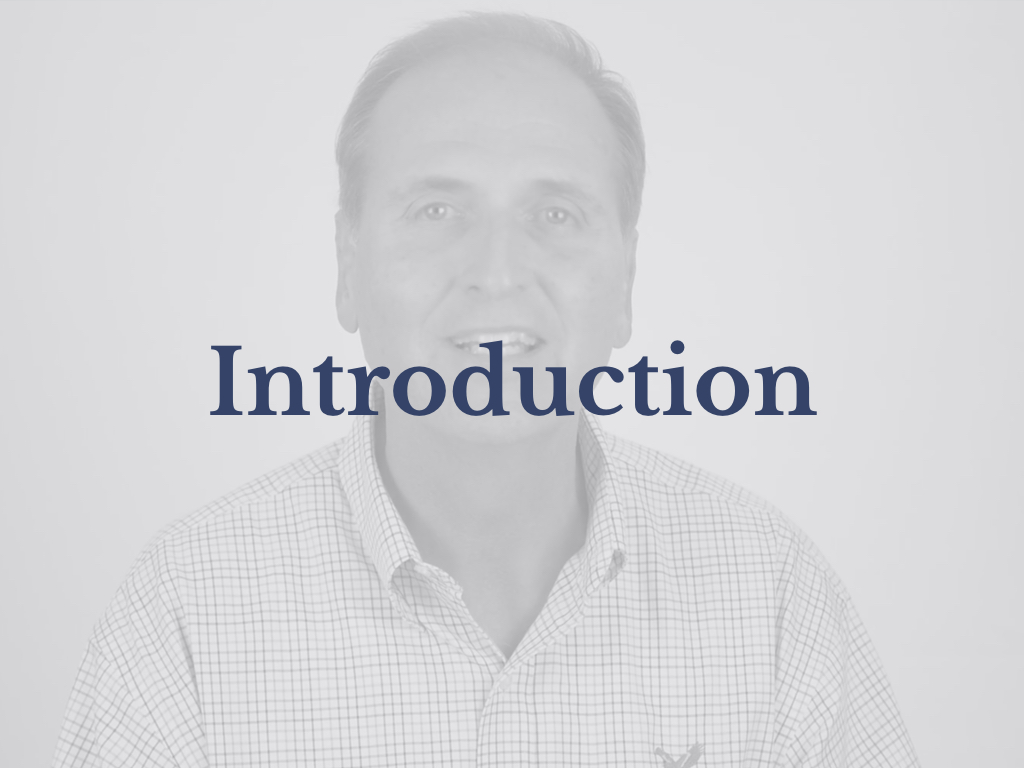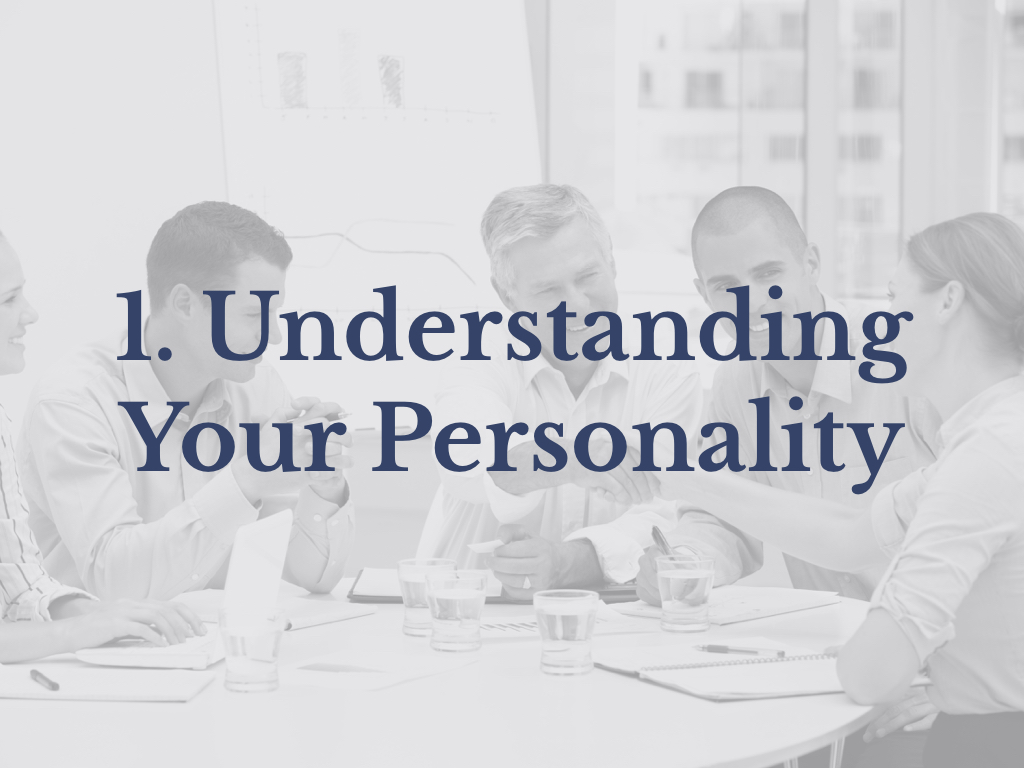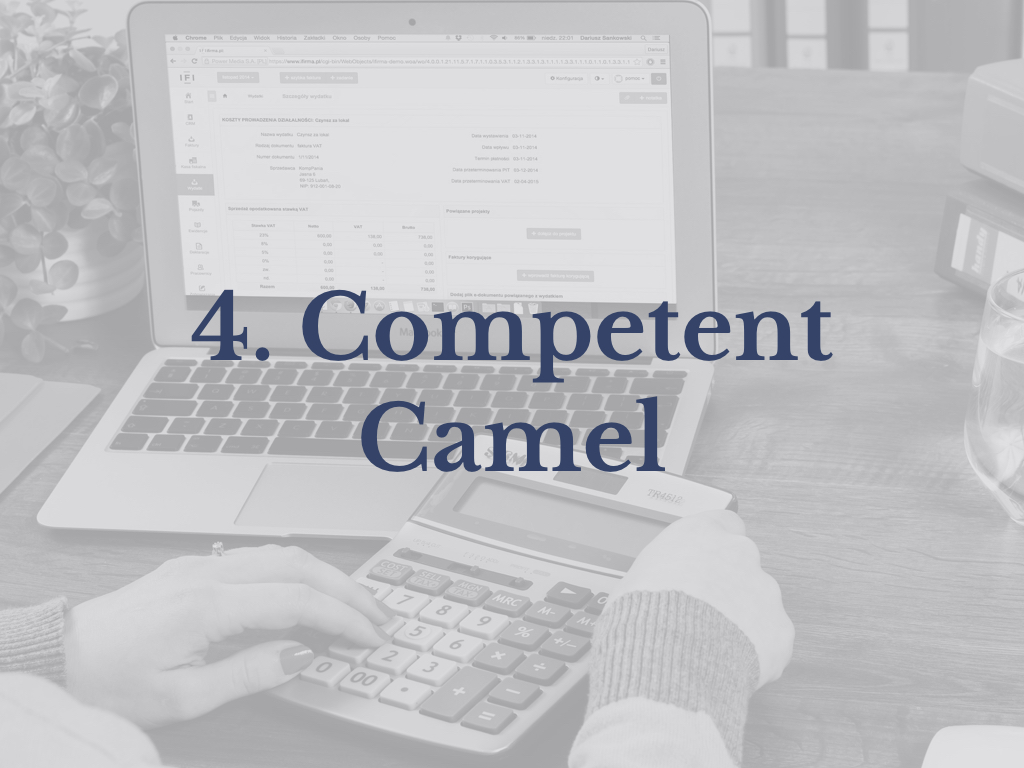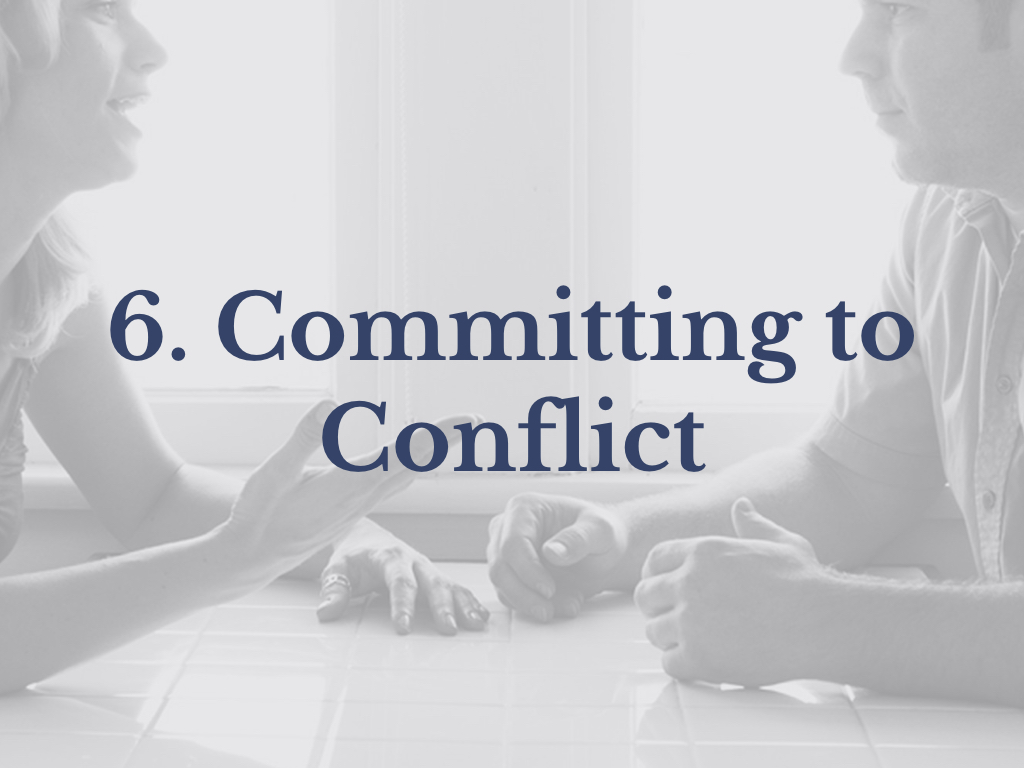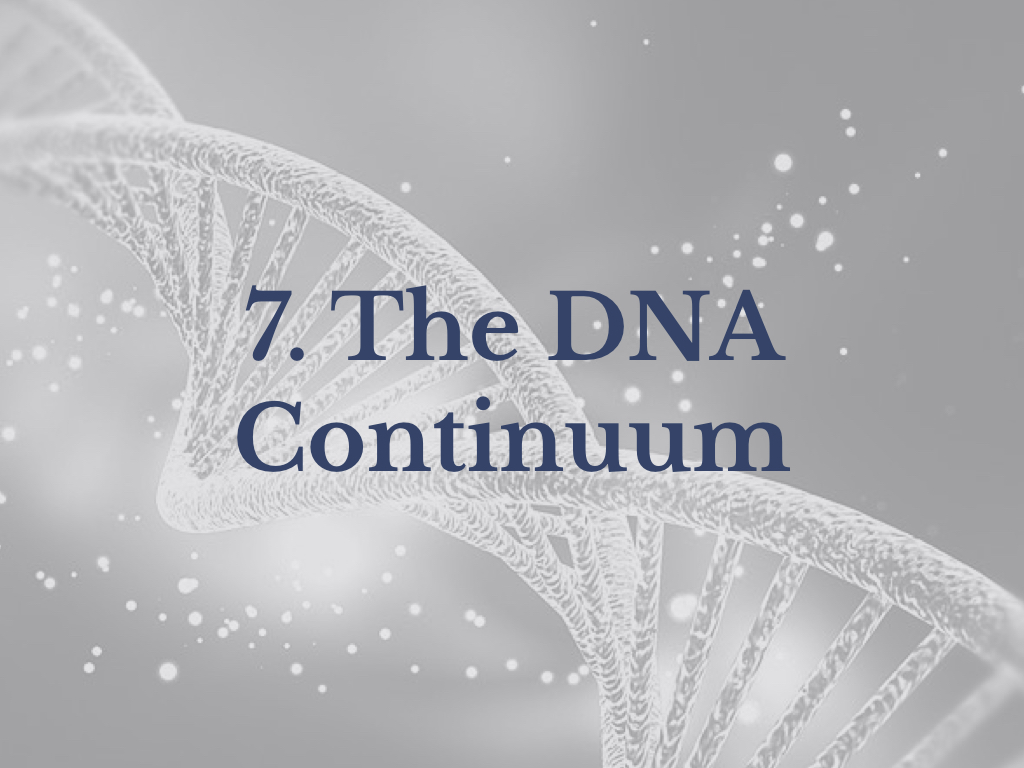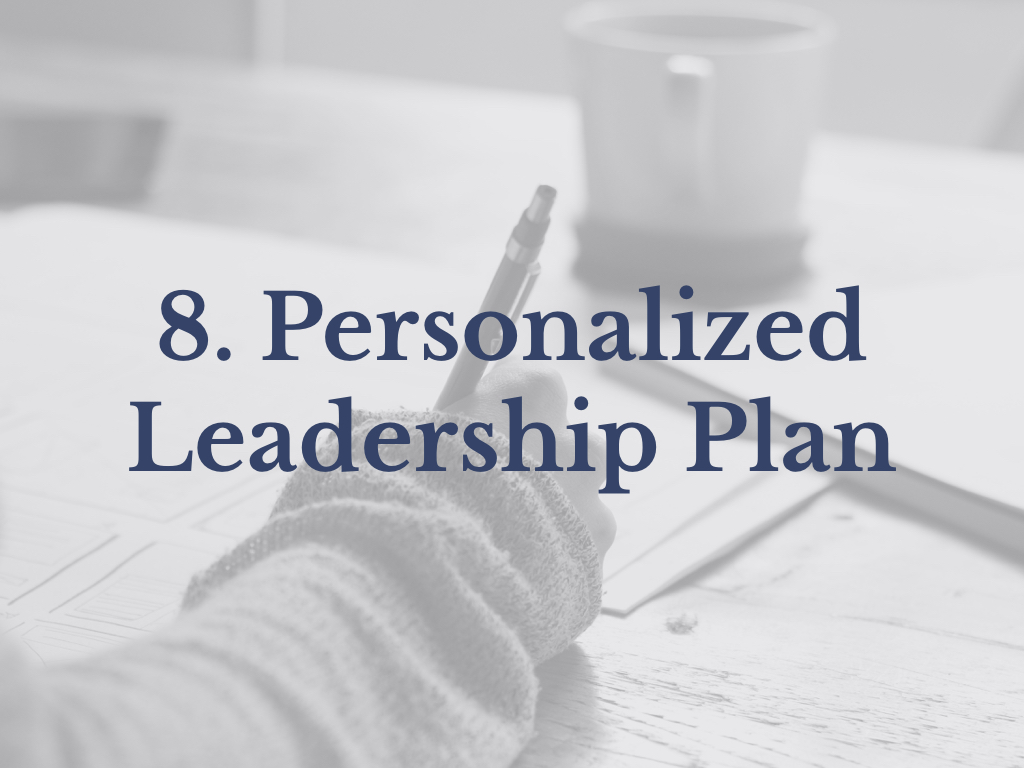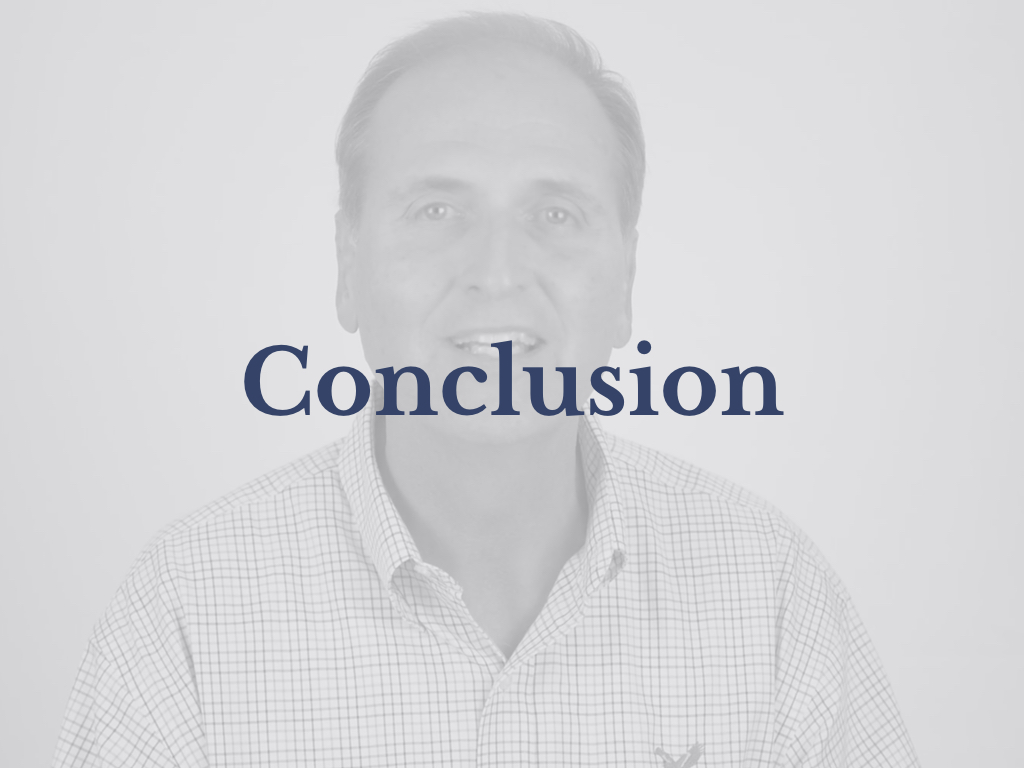Dealing with Conflict in the Workplace
Dealing with conflict can be difficult whether it is at home or in the workplace. The thing we tend to forget is that conflict can be healthy. In fact, it is necessary for growth both in our personal and professional relationships. The secret to using conflict to grow our relationships is understanding EQ or Emotional Intelligence. Daniel Goleman’s groundbreaking work in this area taught us much about navigating the sometimes treacherous waters of disagreement and conflict.
First, we must change our mindset about disagreeing
An old friend used to tell me that "we can choose to disagree without being disagreeable”.
We can choose to disagree without being disagreeable.
That wisdom is the starting point for dealing with conflict in the workplace, as well as at home. We must realize that we can choose how we deal with conflict. When we see conflict as a win/lose situation we set ourselves up for a negative outcome - for us or the other party for which we are dealing.
The purpose of conflict is to address and express different points of view. If at the end of the discussion there is still disagreement, then compromise will be needed. This does not mean that both parties agree, it means that there was a compromise from one or both of the parties involved. With this mindset, we can disagree, resolve the issue, and not be “disagreeable”.
Second, we must be aware of our own emotional triggers
When we allow our emotions to drive our words or our behavior we are likely to end up in a ditch. Unchecked emotional responses lead to all-or-none thinking that results in huge divides and unreasonable expectations. Those who are successful at navigating conflict are those who do not allow their emotions to dictate their response. Self-awareness is the key to controlling our emotions.
Third, we must choose to allow the other person to be heard
That means we must authentically try to understand their point of view. Steven Covey says we must “seek first to understand” when dealing with a difficult issue.
Taking the time to listen and learn the facts will yield benefits on a professional and personal level. Listening and learning will offer respect and validation to the other party and it will give you information that you may not have had access to otherwise. You will find that when we authentically listen to those with whom we are in conflict, the process of finding a resolution becomes much easier.
Finally, we keep our eyes on the ball.
In other words, address the problem instead of attacking the person. Keeping conflict in the context of the particular issue at hand is essential for finding a successful resolution. This may mean taking the time to adequately define and clarify the issue before voicing opinions or solutions. When we stay focused on solving the problem we are much more likely to create a clear path for input from all involved.
Check out our Make a Difference online training if you're looking for simple and practical tools for effectively dealing with conflict in the workplace as well as in your personal life.


